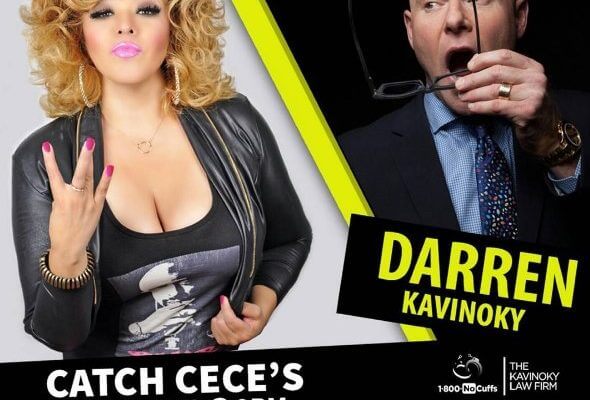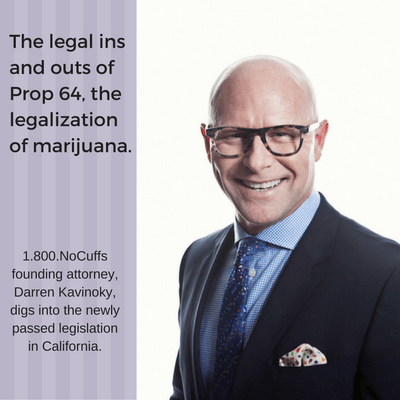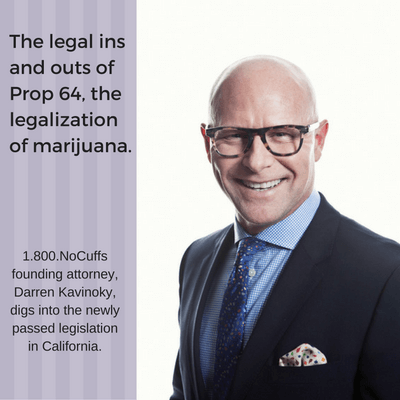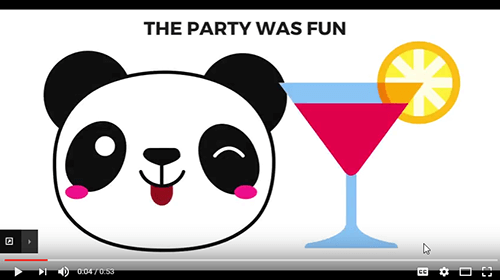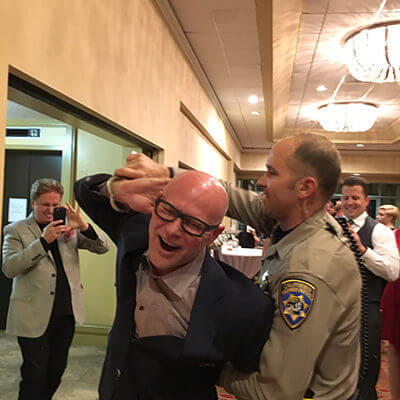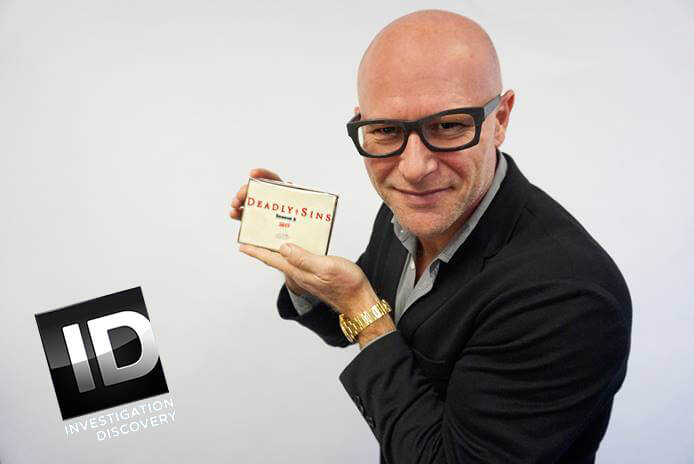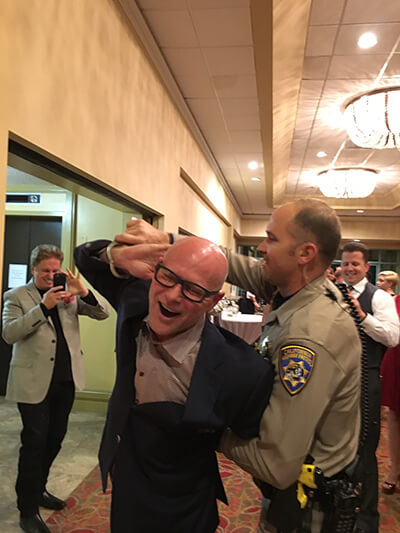The Glynn County jury in Georgia has found Justin Ross Harris guilty of murder. Harris is the dad who left his 22-month-old toddler son in the car while he was at work. The criminal defense legal team for Justin Ross Harris argued the father did not leave the child in the car on purpose, but instead forgot he was in the car. Today the announcement came from the court that the prosecution convinced a jury otherwise.
Darren Kavinoky, founding attorney of 1.800.NoCuffs wrote an in-depth investigative article on the story for HLN on July 8, 2014. Writes Kavinoky, “A toddler is dead. His parent, the person entrusted with his very well-being, is charged with murder. …This case has all the makings of a captivating courtroom drama: An innocent, blameless victim; questionable behavior by the accused (including racy ” sexting” activity!); and what is considered by many a plausible defense of an accident, committed by a man his friends and family describe as a loving dad.” [1]
Mayra Cuevas for CNN reports today, “Harris, 35, was accused of intentionally locking Cooper inside a hot car for seven hours. On that same day, Harris was sexting with six women, including one minor, according to phone records.” [2]
The 22-month-old child named Cooper died unattended in the car. Automobile-related hot car suffocation is known as “death by hyperthermia.”
Christopher Brennan writes for New York Daily News today, “Other evidence exposed at trial showed that Harris had watched a video about hot car deaths in the days before the killing and that minutes before he locked the toddler in his car, he said, ‘I love my son and all, but we both need escapes.'” [3]
For more on Darren Kavinoky’s coverage of the case, check out:
“Hot Car” Deaths: Is It Really Possible For A Parent To Forget About Their Child? http://crimefeed.com/?p=6748 via CrimeFeed.com
Watch Darren talk about the case here:
SOURCES
1. Darren Kavinoky. July 8, 2014. HLN. “Is Justin Ross Harris the next Casey Anthony?” Retrieved via http://www.hlntv.com/article/2014/07/08/justin-ross-harris-hot-car-death-opinion-darren-kavinoky.
2. Mayra Cuevas. November 14, 2016. CNN. “Jury finds Justin Ross Harris guilty of murder in son’s hot car death.” Retrieved via http://www.cnn.com/2016/11/14/us/justin-ross-harris-trial-verdict/index.html.
3. Christopher Brennan. November 14, 2016. New York Daily News. “Justin Ross Harris found guilty of murdering toddler son in hot car.” Retrieved via http://www.nydailynews.com/news/national/justin-ross-harris-found-guilty-hot-car-toddler-murder-article-1.2872935.
Find 1.800.NoCuffs on social at:
http://www.twitter.com/1800NoCuffs
http://www.facebook.com/NoCuffs
http://www.instagram.com/1800NoCuffs
For more information on 1.800.NoCuffs founding attorney Darren Kavinoky, please visit:
https://www.darrenkavinoky.com
http://www.twitter.com/DarrenKavinoky
http://www.facebook.com/DarrenKavinokyFanPage
DUI Attorney Los Angeles
Criminal Defense attorney Darren Kavinoky is the founding attorney of 1.800.NoCuffs. If you need a DUI attorney in Los Angeles, you can see the team at The Kavinoky Law Firm here.




